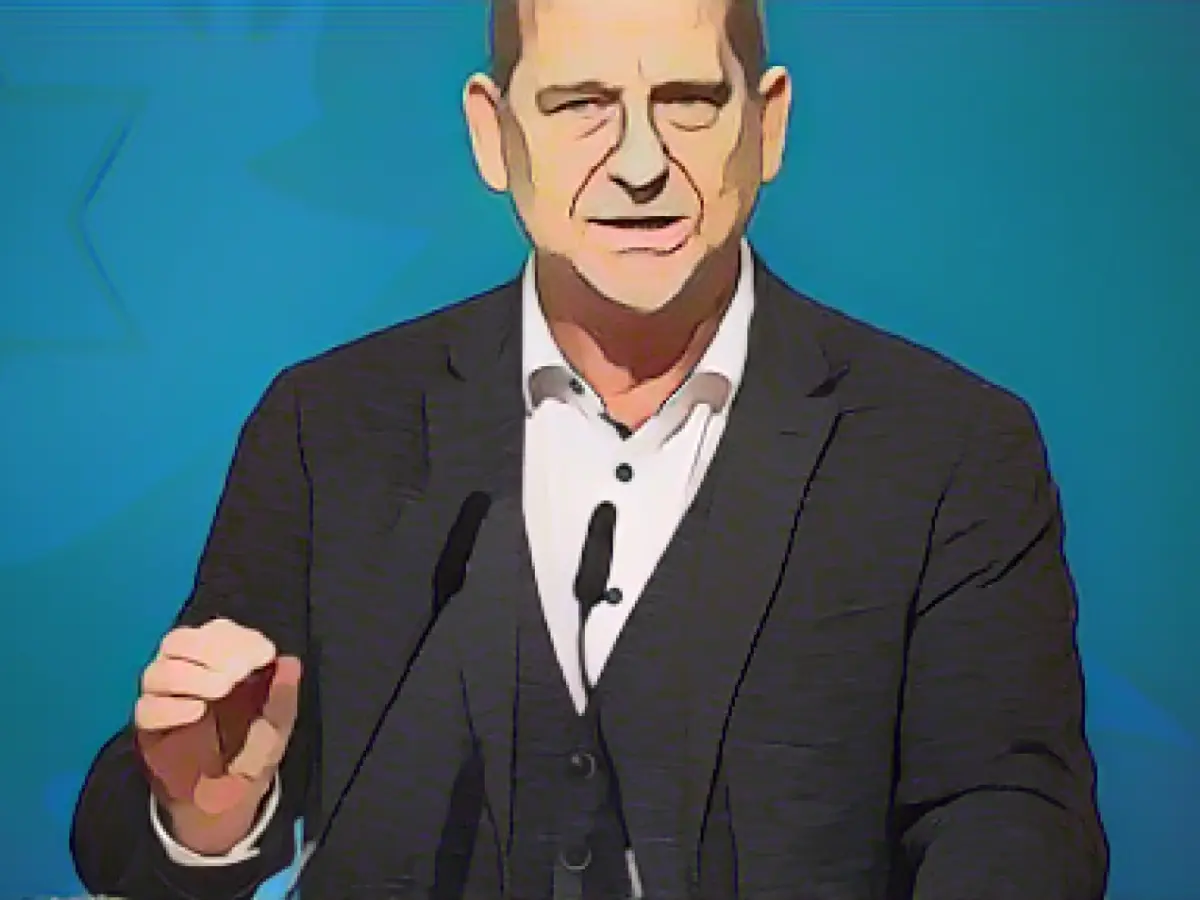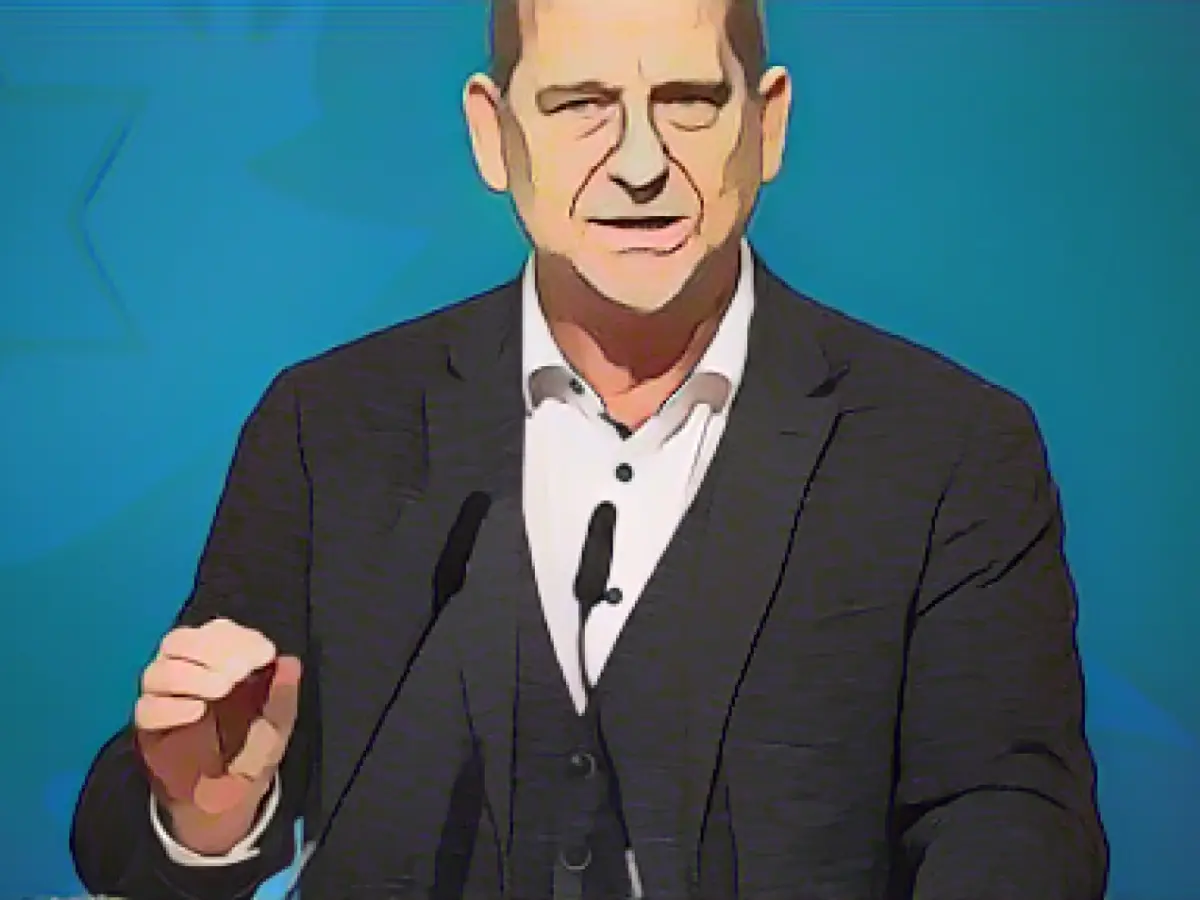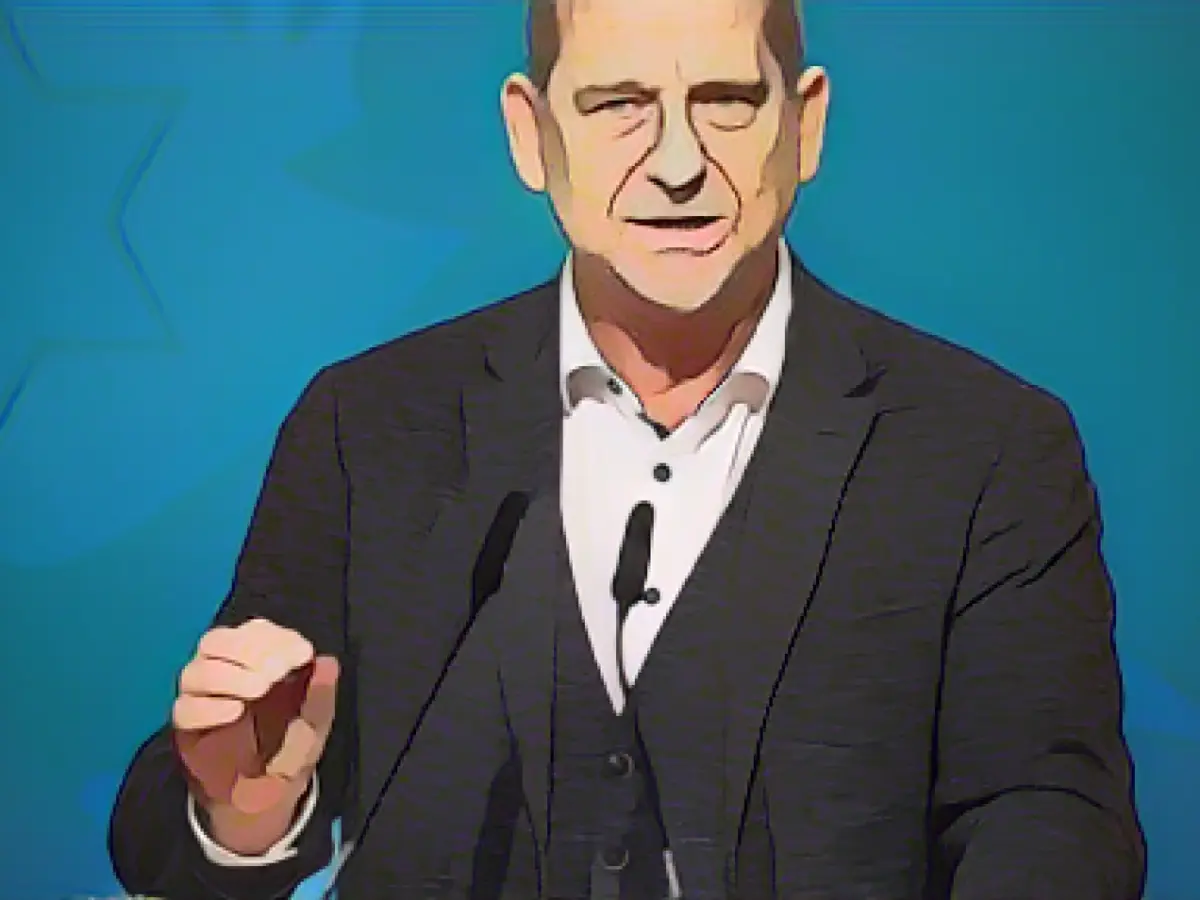Thuringia's Tussle with Sky-High Potash Clean-up Expenses: Federal Constitutional Court's Decision
Thuringia, a German state, was hoping to slash its hefty annual expenditures linked to environmental pollution clean-up, particularly from GDR potash mining. This included filing a lawsuit with the Federal Constitutional Court to seek financial assistance from the federal government. Despite high expectations, this legal bid fell flat. On Wednesday, the constitutional judges in Karlsruhe declared Thuringia's case inadmissible, with similar results for neighboring Saxony's dispute with the federal government over environmental damage restoration costs linked to GDR state-owned companies overseen by the Treuhandanstalt post-reunification.
Environment Minister's Perspective
Thuringia's Minister for the Environment, Bernhard Stengele (Greens), shed light on the situation, stating, "Regrettably, the Federal Constitutional Court has not acknowledged that the clean-up costs for polluted sites related to former Treuhand companies should be financed by the federal government as per the constitution." Stengele expressed optimism about future proceedings before the Federal Administrative Court, adding, "It's both a legal and political question whether the federal government will leave us to bear the unexpected additional costs stemming from the environmental legacy alone. I will persist in advocating for the federal government to contribute to funding the aftermath of mining-related burdens." Stengele contends that environmental remediation costs for GDR mining and other former GDR state-owned companies shouldn't shoulder the sole financial burden of the state.
High Costs and Contentious Matters
In 1998, a general agreement was signed between Thuringia and the Treuhand successor, the Federal Agency for Special Unification-related Tasks. The federal government had fulfilled its financing obligations previously through a lump sum payment. However, since then, the government has refrained from covering further expenditures, despite substantial renovation costs exceeding the original estimates (approximately 675 million euros). Current expenses now stand near 750 million euros. The primary issue revolves around the payments Thuringia made to the potash group, K+S (Kassel), for securing abandoned potash mines in Thuringia.
The Federal Constitutional Court deemed both Thuringia and Saxony's petitions as insufficient. They failed to provide sufficient evidence to substantiate their claim for a constitutional obligation from the Federal Republic of Germany to cover future environmental clean-up costs.
Enrichment Data
Resolving the dispute between Thuringia and the federal government over environmental clean-up costs related to GDR potash mining requires a comprehensive approach. Here are some potential strategies:
Strategies for Resolution
- Direct Negotiation Both parties can engage in direct negotiations to reach a mutually-beneficial agreement on allocating clean-up costs. Witnessing the exchange of financial abilities and environmental priorities, the parties may find a compromise that balances their respective needs.
- Mediation Should direct negotiations prove challenging, mediation by a neutral third party can facilitate the process. This mediator–an environmental law expert or financial advisor–ensures that both parties find a fair and sustainable resolution.
- Expert Assessment An independent evaluation of the environmental damage and corresponding clean-up costs by a team of experts in environmental science, engineering, and finance can supply a clear, unbiased assessment. This assessment illuminates the actual costs and anticipated liabilities, making it easier to apportion responsibilities equitably.
- Risk Assessment Conducting a thorough risk assessment can highlight the most pressing areas demanding immediate attention, as well as the attached costs. This assessment also reveals potential long-term benefits of investing in clean-up initiatives, such as improved public health and environmental sustainability.
- Public-Private Partnerships Leveraging the participation of private companies in the clean-up projects can provide significant financial resources. For instance, K+S, a prominent potash mining company, is demonstrating its commitment to reducing environmental impact through initiatives like the "Werra 2060" project, which aims to reduce CO2 emissions and improve resource efficiency.
- Innovative Funding Mechanisms Tapping into private financing options, akin to a $13.2 million privately funded operation in New Jersey, can speed up the clean-up process by privately-backed corporations that prioritize environmental responsibility.
- Green Bonds Issuing green bonds for environmental remediation projects can provide a dedicated funding source. These bonds attract eco-conscious investors, offering a lower risk profile than traditional bonds.
Conclusion
Solving the environmental clean-up cost dispute between Thuringia and the federal government necessitates a multifaceted strategy. By combining negotiations, expert assessments, and public-private partnerships, both parties can find a sustainable financial resolution that aligns with environmental priorities. Employing creative funding mechanisms and clear liability frameworks can also enhance the effectiveness and financial viability of such clean-up initiatives.








